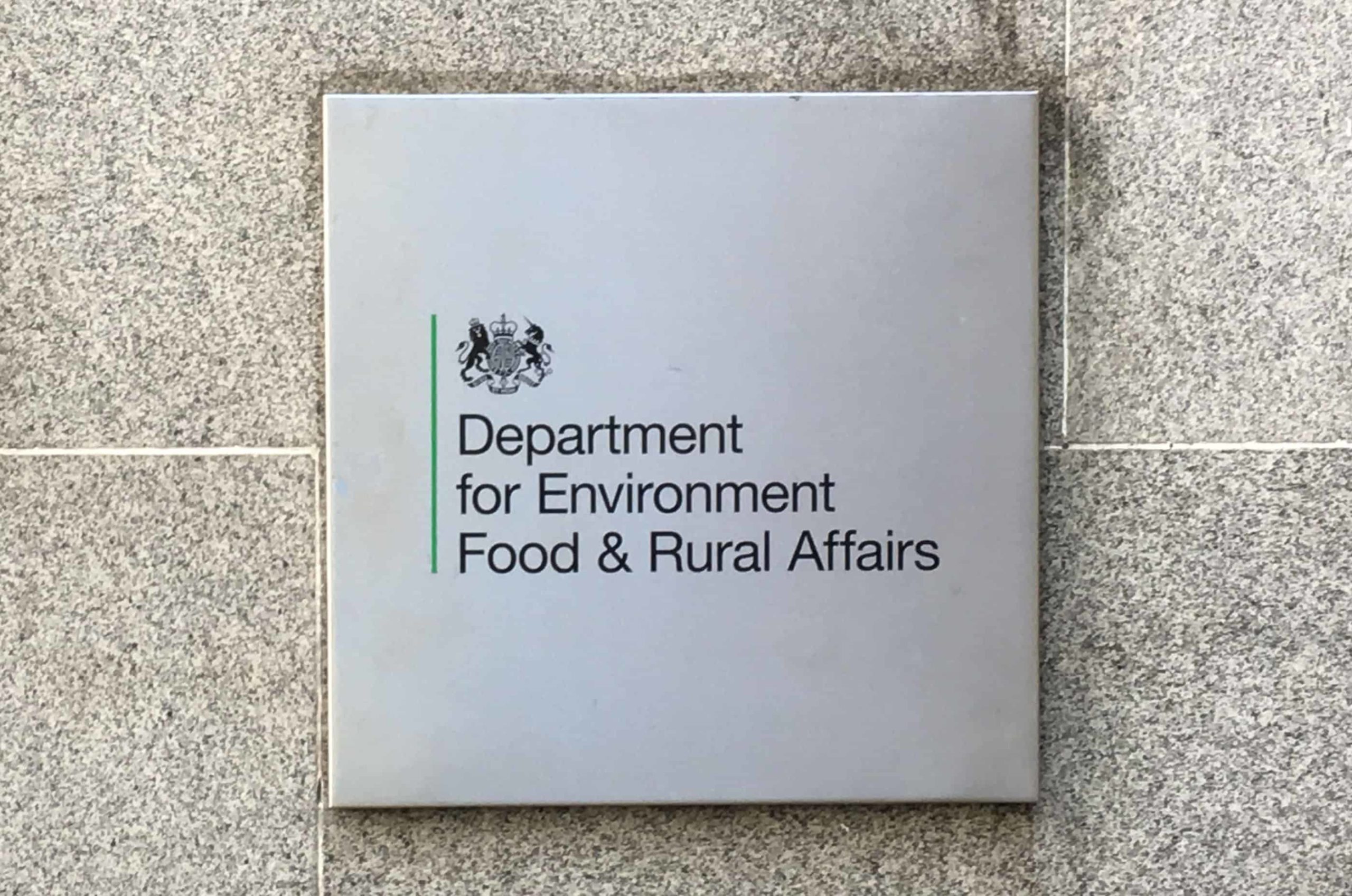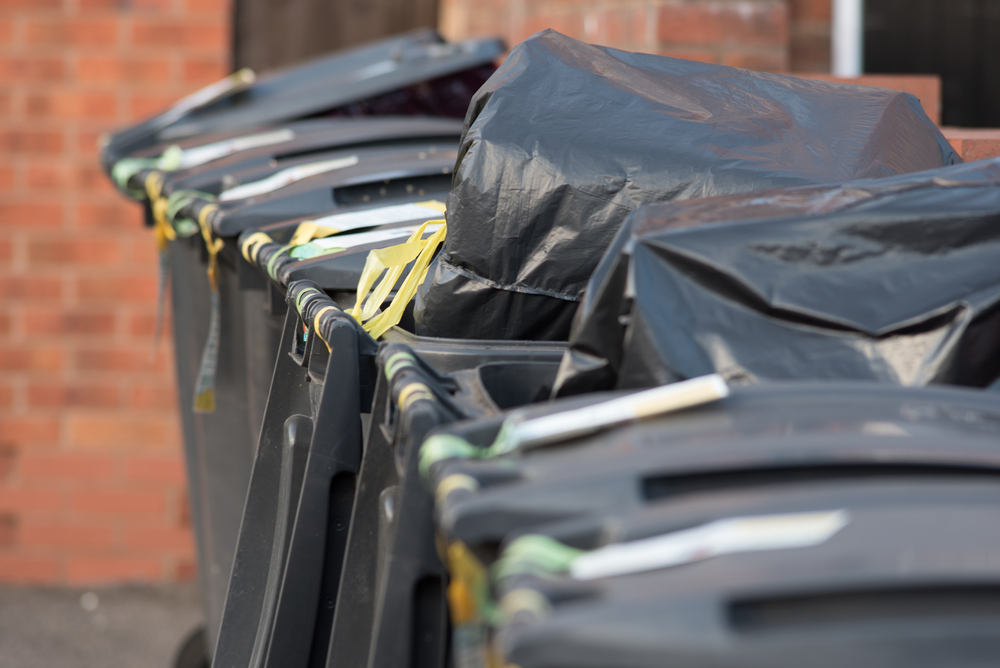Other industry figures have also raised concerns that EPR could be pushed back, with another saying it is “impossible” to deliver the scheme to proposed timetables.
EPR is due to be rolled out in 2024, with producers already gathering data on packaging ready for payments.
Pressure
Producer associations have been stepping up their complaints in recent weeks, lamenting the lack of clarity over the plans while also saying the existing local authority collection system is not prepared for it.
The Food and Drink Federation said at the letsrecycle.com conference earlier this month that EPR faces “significant hurdles” as producers do not have access to the recycled materials needed, hinting that the scheme can not be rolled out without clarity on council collections (see letsrecycle.com story).
The British Retail Consortium has also called for the timelines to be extended, warning that local authorities are not yet equipped to handle the additional material. The two groups represent some of the largest producers in the UK.
It was also was reported in the Telegraph this week that the Prime Minister has been holding discussions with ministers to delay the scheme over cost of living fears. The cabinet office and other government departments all declined to comment on this, instead referring to Defra.
Review
Defra said it constantly keeps the “plans under review.” The department added that the revenue generated through EPR will “support better local council services and mean that all households can recycle the same packaging materials.”

The spokesperson said: “Work is ongoing to deliver our extended producer responsibility scheme and we’re continuing to engage closely with manufacturers, retailers, and packaging companies on the design of the scheme.
“We will continue to work with industry as we finalise plans to ensure that the schemes will deliver our environmental goals.”
Councils
Rumours of delay to the system has sparked fears from local authorities, who have spent money preparing for the scheme
A spokesperson for the Association for Public Service Excellence said: “The successful rollout of EPR requires the full involvement of local authorities. For Defra, this means working alongside local government to conduct a thorough assessment of the costs and logistics associated with the policy.
“This will avoid decisions being made on out of date, inappropriate or unrealistic assumptions, and will ensure that the adequate resources and infrastructure are in place ahead of the rollout. Following the repeated delays of the Deposit Return Scheme rollout in Scotland, we hope the right lessons have been learnt and the UK can truly begin to bridge the big recycling rate gap with our European counterparts.”
Prepared
A spokesperson for the Local Authority Recycling Advisory Committee (LARAC) explained that local authorities are “fully prepared” to accept and manage additional materials for recycling but have been delayed in moving forward with these arrangements “due to the lack of information and clarity from the government around consistency.
The LARAC spokesperson added: “Local authorities have provided excellent recycling and waste services for many years and are well placed to adapt to any changes required by the reforms, and welcome the commitment to Extended producer responsibility, whereby the management of packaging waste will be paid for.”
‘Impossible’
Robbie Staniforth, head of policy at Ecosurety, said while it would be a shame to delay EPR, it “appears impossible” to deliver it in 2024.

Mr Staniforth said “so many facets of the system are not ready, from the consistent household packaging collection system to the creation of a scheme administrator.”
“Packaging producers have not been able to accurately budget because of the serial delays within the governments,” he explained.
“If the governments forge ahead, they risk simply shifting the bill payer without actually delivering any environmental benefit. The good news is that the data reporting legislation has become law so at least the governments can begin to more accurately assess the amount of packaging placed onto the market in 2023 in advance of introducing new fees.”
Uncertainty
Jacob Hayler, the executive director of the Environmental Services Association, which represents the waste management sector, said the uncertainty created over EPR coupled with delays to the consistency scheme, are “crippling” for investment.

He said the sector is ready to deliver more than £10 billion but the “delays are also now causing chaos, for example, looking to the effects on Scotland’s Deposit Return Scheme in recent weeks”.
Mr Hayler concluded: “To reduce the societal and environmental burdens of packaging waste, producers must be incentivised to ensure that the packaging they place on the market has a funded, viable and mainstream recycling solution in place. This will help eliminate packaging from the market that is destined only for treatment as residual waste – the costs of which are currently funded by the taxpayer. These reforms are also essential for decarbonising residual waste treatment, without which the taxpayer is likely to be hit with much higher costs once residual waste treatment is included in the Emissions Trading Scheme.”












Subscribe for free